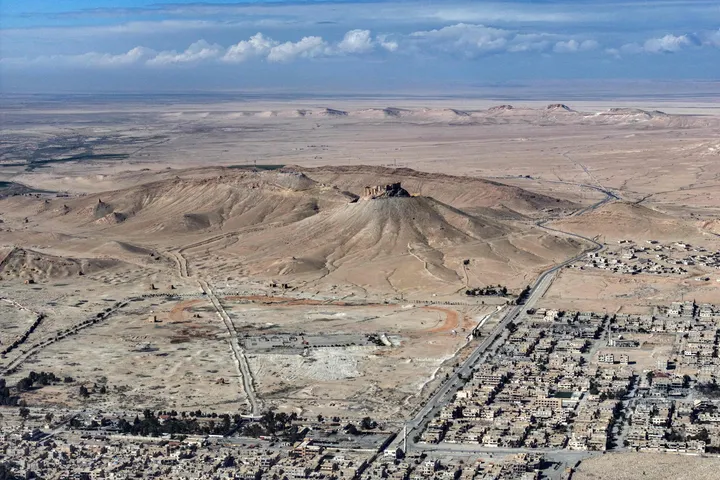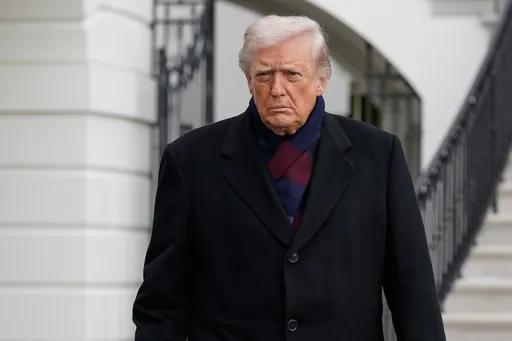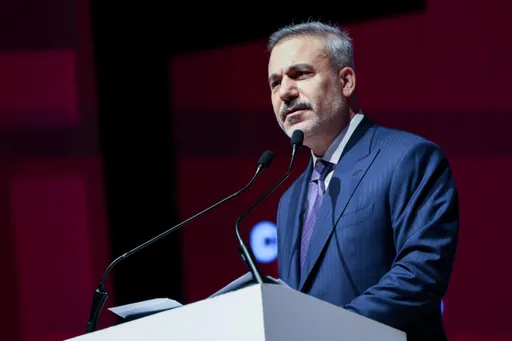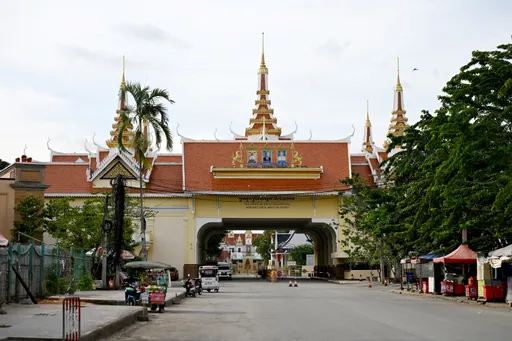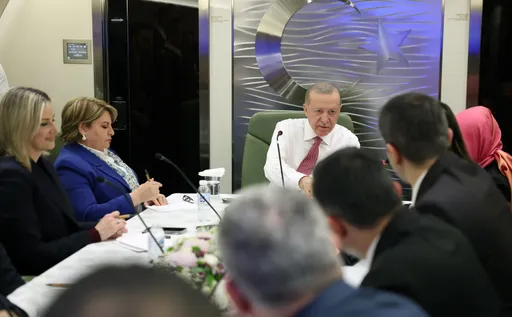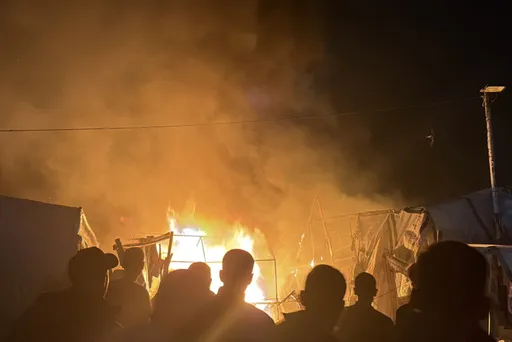Indian opposition leader Rahul Gandhi has lodged an appeal against his conviction for defamation, hoping to overturn a judgement that resulted in his expulsion from parliament a year before a general election is due.
The court accepted his petition and it posted it for hearing on April 13.
Gandhi arrived in a Gujarat court on Monday to appeal his criminal conviction for mocking the prime minister's surname that saw him expelled from Parliament, dealing a huge blow to his Congress Party ahead of general elections next year.
The case against Gandhi, the great-grandson of India's first prime minister and scion of the dynastic Congress party, were widely condemned by opponents of Modi as the latest assaults against democracy and free speech by a ruling government seeking to crush dissent. The speed of his removal from Parliament shocked political circles in India.
Gandhi flew from the capital, New Delhi, to Surat, a city in India's Gujarat state, today to appear in a local court where the opposition leader is expected to seek a suspension or temporary stay of his conviction, his lawyers told the Press Trust of India (PTI) news agency.
A man who shares the prime minister’s surname, which is common in his home state of Gujarat, accused Gandhi of defamation over a 2019 speech in which he asked, “Why do all thieves have Modi as their surname?” Gandhi then referred to three well-known, and unrelated Modis, in the speech: a fugitive Indian diamond tycoon, a cricket executive banned from the Indian Premier League, and the prime minister.
The petitioner who filed the case is a member of Modi's Bharatiya Janata Party in Gujarat, but is not related to the prime minister or the other two Modis Gandhi invoked in his speech.
READ MORE: Top Indian opposition leader Rahul Gandhi disqualified from parliament
Gandhi was convicted on March 23 and expelled from Parliament the next day, sparking opposition lawmakers to rally to his defence and call his expulsion a new low for India’s constitutional democracy. Gandhi was given bail for 30 days.
Under Indian law, a criminal conviction with a prison sentence of two years or more is grounds for expulsion from Parliament. If Gandhi’s conviction is not suspended or overturned by a higher court, he could face prison and will likely not be able to contest national elections in 2024.
Modi’s critics say India’s democracy — the world’s largest with nearly 1.4 billion people — has been in retreat since he first came to power in 2014. They accuse his populist government of pursuing a Hindu nationalist agenda, a charge his administration has denied.
Modi's government says its policies benefit all Indians.
Gandhi’s family, starting with his great-grandfather, Jawaharlal Nehru, has produced three prime ministers. Two of them — Rahul Gandhi's grandmother, Indira Gandhi, and father, Rajiv Gandhi — were assassinated.
Even though Gandhi is projected to be the main challenger to the Modi government, his Indian National Congress party has suffered humiliating defeats in the last two general elections. In a bid to woo voters, Gandhi has railed against Modi and his Bharatiya Janata Party in recent months, accusing them of corruption and of tarnishing India's democratic credentials.
READ MORE: India opposition leader Gandhi to appeal jail sentence in defamation case




